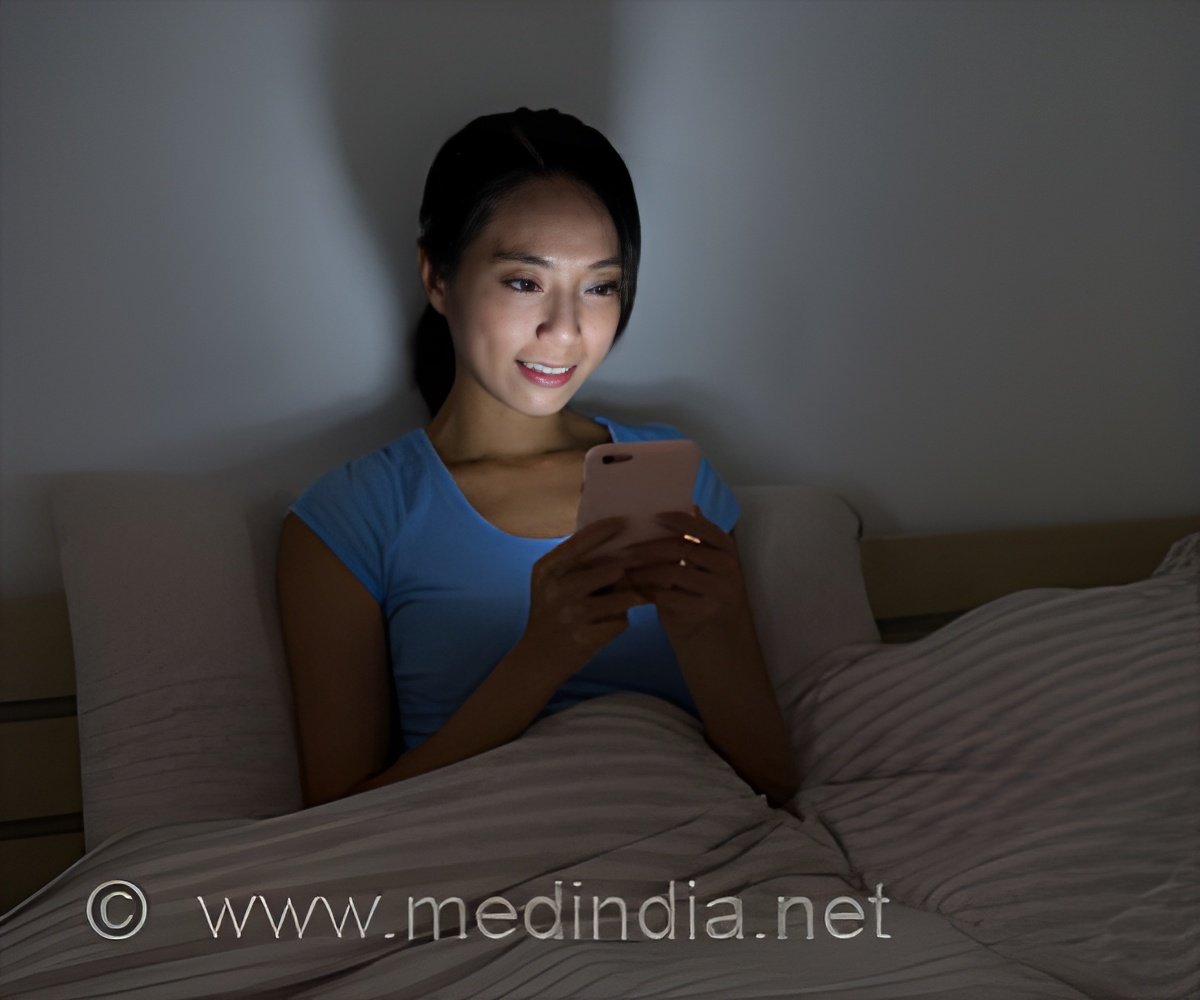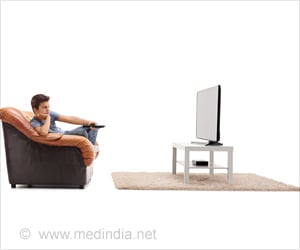
‘Are you staring at your phone or computer screen for too long? Beware! The blue light emitted can trigger a craving for the sugary foods. Limiting the amount of time that we spend in front of screens at night is the most effective measure to protect ourselves from the harmful effects of blue light.’
Tweet it Now
In their study, Masís-Vargas and colleagues, exposed rats to nighttime blue light and measured their food consumption and glucose tolerance the following day. It should be noted that to better model human light exposure, the rats used in this study were diurnal, meaning awake during the day and asleep at night, rather than the typical nocturnal laboratory rats which are awake during nighttime hours. The authors found that after only one hour of nocturnal blue light exposure, glucose tolerance was altered in male rats, a warning sign of pre-diabetes.To investigate what happens with appetite control and food choice after exposure to blue light at night, the rats were given the option to choose among a nutritionally balanced food (standard rodent food), water, lard, and sugar water. After the exposure to blue light, they observed that the male animals drank more sugar that night than during the nights with no blue light exposure.
These studies show clearly that being exposed to light, especially blue light, at night is disruptive and that screen use at night may increase our tendency to snack on sugary foods and disrupt our ability to process that sugar, especially in males. Though the rats were tested after only one night of light exposure, over time, this could lead to weight gain and the development of diabetes.
"Limiting the amount of time that we spend in front of screens at night is, for now, the best measure to protect ourselves from the harmful effects of blue light. In case it is necessary to be exposed to devices at night, I would recommend the use of apps and night mode features on the devices, which turn the screens more orange and less blue or the use of blue light filtering googles that are already available in the market." Masís-Vargas says.
Source-Eurekalert










